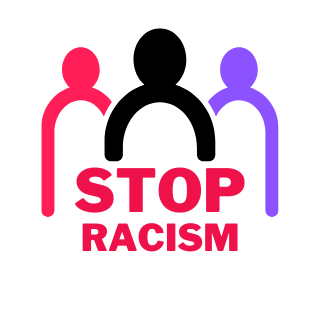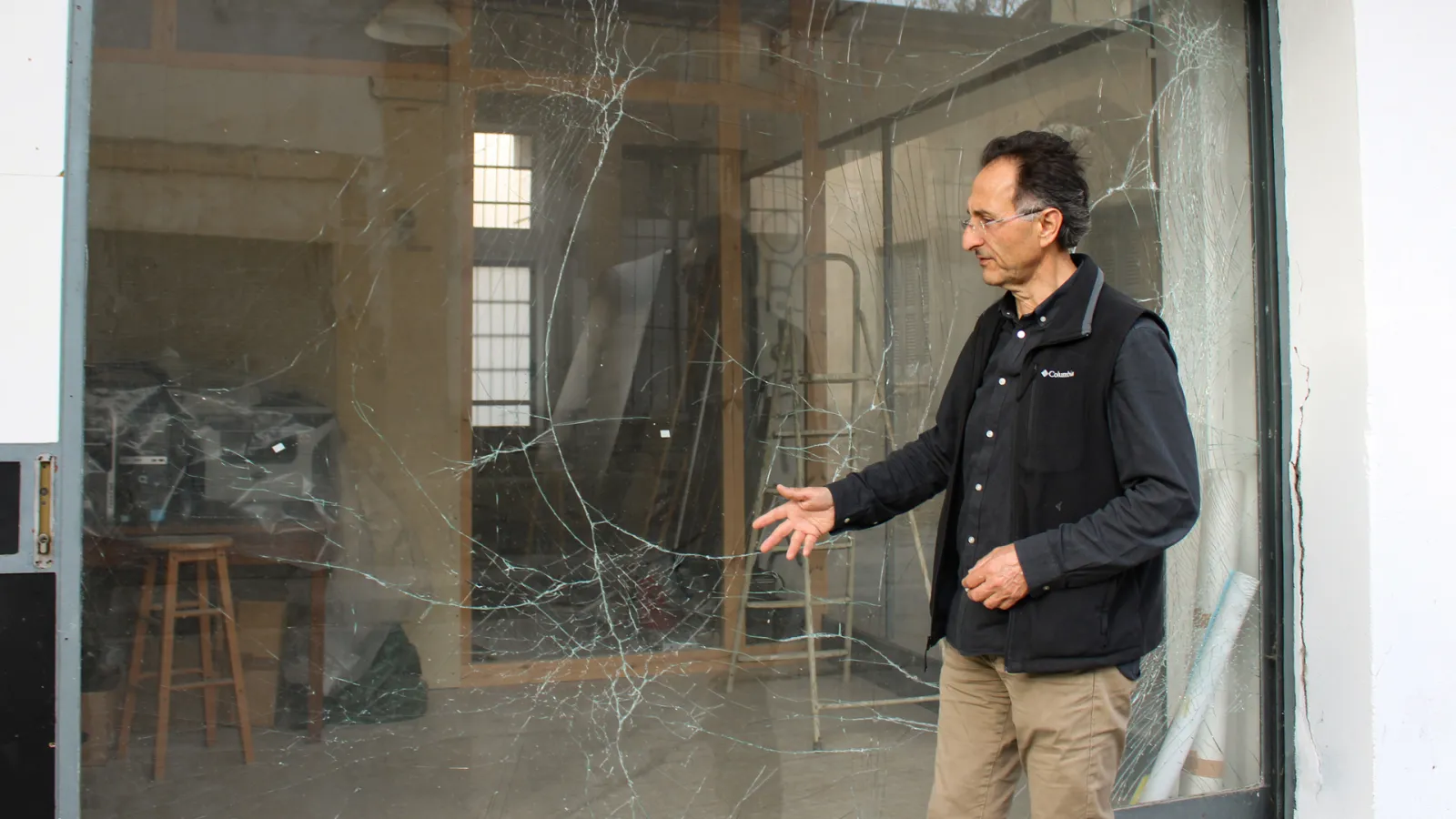After years of simmering anti-migrant sentiment and far-right agitation, violence against asylum seekers and migrants is spiking in EU member state Cyprus, even as civil society groups on the Mediterranean island rally to try and lend them a helping hand.
The trend has been present across Europe, as politicians and political parties have made anti-migration rhetoric and positions part of their platforms in the lead-up to EU parliamentary elections on 9 June. But it has been particularly marked in Cyprus, where it has been exacerbated by an increase in the number of Syrian refugees arriving by boat from nearby Lebanon.
“Racialised violence is on the rise in Cyprus – and the rest of Europe – as racist discourse from politicians across the political spectrum surges,” Emmanuel Achiri, policy and advocacy officer for the European Network Against Racism (ENAR), told The New Humanitarian.
With a population of around 1.2 million, Cyprus regularly receives the most asylum applications per capita of any of the EU’s 27 member states. The annual number of requests, however, is relatively low compared to other countries, at around 21,600 in 2022 and 11,600 in 2023.
In the first four months of this year, nearly 4,440 people submitted asylum applications. In past years, most asylum seekers have arrived by plane or ferry to the north of Cyprus – occupied by Türkiye since 1974 – and then crossed the buffer zone to the south. But this year there has been a rise in the number of Syrian refugees reaching the island by boat from Lebanon, which is just over 260 kilometres away by sea.
Behind the increase in boat crossings is intensified anti-Syrian xenophobia, violence, and deportations in Lebanon. With a population of around 5.3 million, Lebanon itself hosts an estimated 1.5 million Syrian refugees – the largest refugee population per capita in the world.
Regardless of the causes, political leaders in Cyprus have used the increase in Syrians arriving by boat to drum up a sense of crisis and threat, and used this to justify implementing migration policies that violate human rights, according to Achiri.
In an effort to deter Syrian arrivals, Cyprus on 14 April suspended the examination of Syrians’ asylum applications – following a previous pause between 2021 and 2023 that has created a serious backlog in the system. Two days later, the Cypriot government said it had sent two police boats to patrol international waters between Cyprus and Lebanon to prevent boats carrying refugees from reaching the island. The following day, it said it had prevented five boats carrying hundreds of refugees from leaving Lebanese waters. Human rights groups accused Cypriot authorities of pushing refugees back to Lebanon – a practice that violates international law, although Cyprus later claimed its actions didn’t amount to pushbacks.
On 2 May, the EU unveiled a one-billion-euro package of economic and security support for Lebanon, largely seen as part of the EU’s effort to try to curb migration by partnering with third countries.
Cyprus is also one of several EU countries pushing to designate some areas of Syria as ‘safe zones’ so it can carry out deportations to the country. Human rights groups have consistently warned for years that no part of Syria is safe for refugees to return to.
Threats, a bomb, and intimidation
Right-wing intimidation and violence in Cyprus has also been directed against those speaking out against the government’s hardening migration policies and trying to help refugees and asylum seekers.
Early on 5 January, an explosive device detonated outside the office of KISA, one of the main civil society groups working to protect the rights of asylum seekers and refugees in Cyprus. The explosion shattered the windows, blew out one of the walls, and destroyed almost all of the equipment and electronics in the office.
The organisation saw it as an escalation in a long-standing campaign of threats and intimidation by “racist and nationalist circles”, according to a statement KISA released. “This attack cannot be considered a surprise to the state authorities, whom we hold fully responsible and as the abettors of this attack,” the statement read.
Months later, police still haven’t managed to track down whoever threw the explosive device.
“Cypriots are saying that KISA is an organisation that is working against the country because we support refugees,” KISA’s founder, Doros Polykarpou, told The New Humanitarian.
The physical damage caused by the attack isn’t the worst problem, according to Polykarpou. “The main problem is the fear: You don’t know what [the attackers’] intentions are next,” he said.
Politicisation and pressured returns
The anti-refugee sentiment in Cyprus has been channelled into official government policy. Critics say the deterrence strategy seems to be that if living conditions on the island are made bad enough for those arriving, people will eventually stop coming.
That is why, in January 2023, Cyprus extended the amount of time it takes for asylum seekers to become eligible to work after they submit an application from one month to nine months. The decision went into effect in October 2023.
“We are making them understand early [on], without wasting time, without wasting resources, that the ones who are rejected… need to go back [to their countries],” Andreas Georgiades, head of the government asylum service, told The New Humanitarian.
During that nine-month period, asylum seekers are eligible for a 300-euro stipend from the government, but only if they have a valid address in order to receive it. This often leaves them caught in an impossible cycle: Without money they cannot find an apartment to rent that would enable them to collect the stipend; and without the stipend, they don’t have money that would allow them to rent an apartment.
Cyprus is also trying to increase the number of asylum seekers and migrants who are willing to return to their home countries. “We have been pushing for the voluntary return scheme because it allows them to return in dignity,” Giorgiades said.
In 2023, over 11,000 migrants were sent home, more than double the number in 2022, according to Cyprus’ Interior Minister Constantinos Ioannou. About two thirds of those returns were voluntary.
This year, Cyprus has doubled down on the deportation of failed asylum-seekers. In the first four months of 2024, it expelled 3,337 migrants, compared to 2,348 during the same period in 2023. These deportations include forced expulsions, voluntary returns, and relocations, typically of African nationals, but also of Bangladeshis and others whose countries of origin are deemed to be safe, according to the news website InfoMigrants.


Leave a Reply